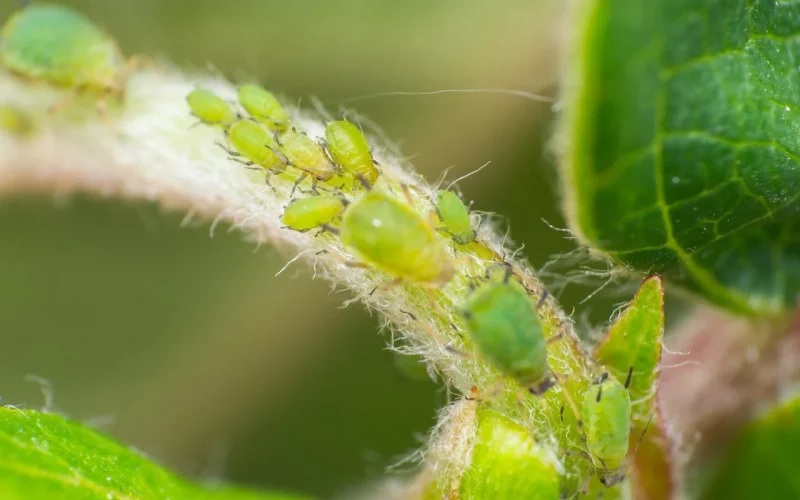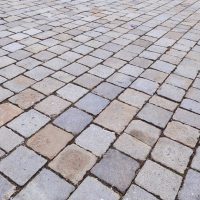Concrete is the most popular material for renovation projects, including patios and driveways. Concrete is often the ideal balance of durability and cost-effectiveness when compared to other choices. Modern solutions come in a variety of styles and colors to fit almost any design. Is there, however, equality among concrete products?
Rid your garden of aphids in minutes

Aphid-free Guarantee
Get Rid of Aphids Fast
100% Organic and Safe
Aphids are annoying little insect pests that pierce holes in your plants and suck out the juices. The only sign of these is the holes in your plant leaves where they suck. It is difficult to get rid of them completely without the use of chemicals and pesticides. The symptoms are dark circles and patches on your plants. The aphids will leave a sticky residue on your plant, similar to the mark of a bug, in your kitchen or pantry.
A leading theory is that the aphids are attracted to the coffee grounds, and those of us who do not like coffee beans are more likely to avoid the problem. The grounds appear to attract the pest to our gardens. Coffee is also of great benefit to the compost heap and is ‘green’, so it is very eco-friendly.
There are many chemical pesticide products that are available that can kill the pests or at least turn them off. Many kill the aphids by dehydrating them or by suffocating them with the use of chemicals. This is a very tedious process and can also kill valuable microbes in the garden.
If your garden is infested with aphids, spraying lightly with a safe insecticide such as insecticidal soap, horticultural oil or bromatol could help. The soap will kill the aphids, but you do not want to do this unless the organic material in your garden is at stake.
Another option is to pick them off your plants. The aphids will be gone, but the next generation of birds will come looking for their food. You can then replace them with some ornamentals that attract butterflies.
You can make a much healthier situation in your garden and get rid of aphids without chemicals by encouraging a natural balance between predator and prey. You can also attract birds, frogs, and other creatures by adding some ensure you leave some flowers to attract them.
Crop rotation is an important part of any natural ecosystem as it helps keep pests and diseases in check. Make sure your plants do not go near the place where any member of the pests might live or have food.
Elimination. It is possible to get rid of pests and diseases with minimum effort totally. Perhaps you can diminish the damage done by pests through some means, for instance, changing plants.
There are also amblers that can eliminate aphids. Some birds can feed on grubs and even eat the pests. If you become a real pest control freak, then you can use a commercial or homemade pesticide at times.
If you need to control a real pest, then you can use traps that attract birds and even frogs to your garden. These natural pest control tools are a great deterrent for those pests who would rather discuss their lives with you than with you.
- Animal manure is great for your garden. It should be used with care because sage, onion, and garlic are harmful to your plants, but they are good for the soil.
- Alieve livestock are also good for the plants, so it is best not to bring them in.
- Learn about each pest and all their habits and habits of travel.
- Plant disease-resistant flowers as often as possible.
- Rotate your crops each year (not just because of one pest or weed…).
- Keep your garden clean to reduce the spread of disease and pests.
- Quarantine sick or infested plants to prevent the spread of damage or loss.
- Dispose of diseased plants or parts of plants as soon as possible or wait until it is totally needed.
- Try companion cropping. Mix a companion crop (pieplant, corn, beans, etc.) with the soil where you are planting. The herbs provide protection, and the vegetables allow the other one to thrive.
- Mulching helps in retaining moisture and prevents weeds.
Important Factors for Sustainable gardening.
- a) Location, location, location.
- b) Soil.
- c) Available nutrients.
- d) Fertilizers.
- e) Reproduction.
- f) A tolerable temperature.
- g) Lots of water.
- h) Lots of plants.
- i) Artwork, moby, fancy.
- j) Not so much labor.
There are so many wonderful things to be said for the rose. Sometimes we need a little patience and ad space to allow the sun’s rays to permeate the rest of the garden. And then there are those fragrant warm 100’s that you love: all that and one kiss in summer.



